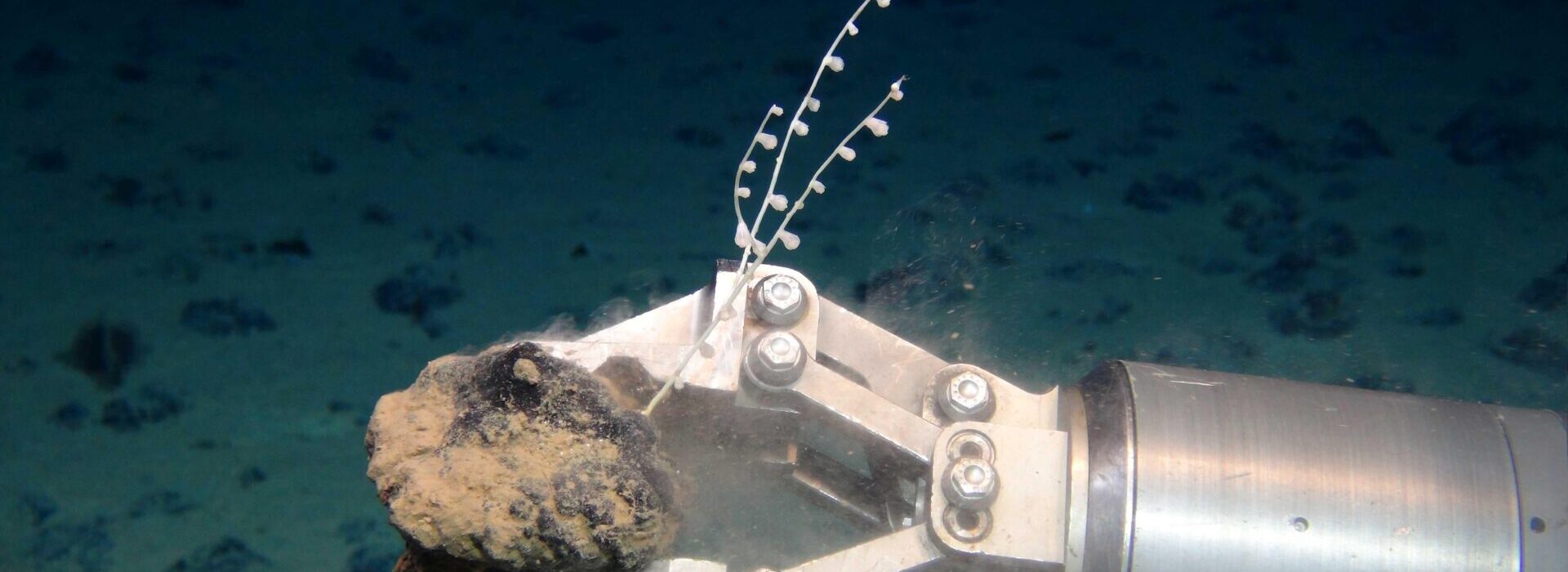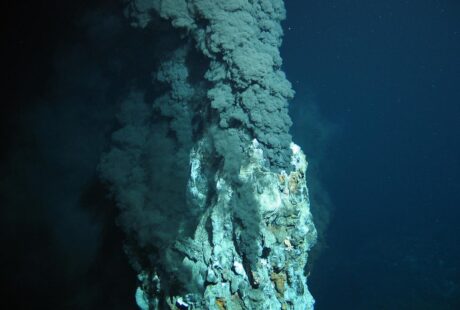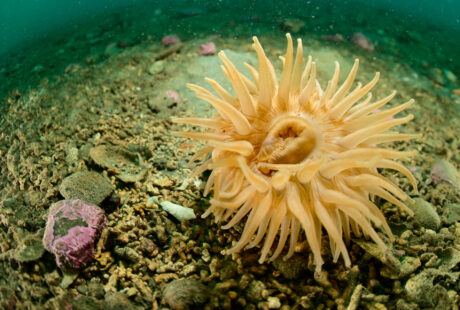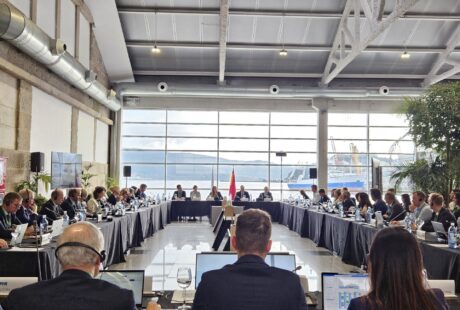A new round of negotiations at the International Seabed Authority (ISA) Council has concluded, with a major twist. The Metals Company (TMC) has announced plans to apply for a deep-sea mining license sponsored by the US, bypassing the ISA entirely. Here is what needs to happen now to prevent this rogue form of sea-grabbing.
Two weeks of ISA Council deliberations were focused on advancing a mining code – regulations that would legitimise commercial mining in international waters. However, delegations expressed concerns about unresolved regulatory issues and significant gaps in baseline scientific data, and it seems unlikely for the ISA – the UN affiliated body responsible for regulating the seabed in areas beyond national jurisdiction – to adopt a mining code by its timeline – July 2025.
Despite the precaution demonstrated by others at the meeting, TMC announced its intention to apply for an exploitation license under US legislation. This announcement follows a procedure they have already launched through Nauru – known as the two-year rule – which would allow deep-sea mining to proceed even without a mining code, and their application plans for mining in the Clarion Clipperton Zone in the Pacific Ocean under this rule. With this additional, last-ditch announcement, it is unclear if the mining company will pursue both regulators – the ISA and the US – and for what exact area. In any case, it demonstrates a shift in their business strategy, seizing every opportunity to advance their mining plans.
- Reaffirm the Need of Multilateralism
Leticia Carvalho, ISA Secretary-General, and virtually all member states that spoke in a special debate last Friday condemned the move, making it clear that TMC’s approach undermines decades of international ocean governance and sets a dangerous precedent for profit-driven seabed exploitation.
The EU and governments, in addition to those who already spoke up in the ISA, must now take a firm stance by reinforcing their commitment to multilateral ocean governance and actively opposing any unilateral attempts to bypass established international frameworks.
- Ban Deep-Sea Mineral Purchases
Under UN rules, the deep seabed and its resources are a Common Heritage of Humankind, managed collectively through the ISA. Minerals extracted outside of this system would potentially make them unsellable in parties to the convention – 169 signatory countries and the EU.
Just as countries like Belgium took a principled stand during negotiations on the Madrid Protocol by banning its citizens from mining in Antarctica, similar actions could be taken now to discourage illegal exploitation of the shared deep seabed. To this end, the EU and governments and companies should pre-emptively commit to not purchasing minerals originating from the deep sea.
- Support a Moratorium
Some argue that this development increases the urgency of negotiations on a mining code, fearing that the industry may attempt to circumvent multilateral processes if regulations are not put in place swiftly. However, TMC’s declaration that it will apply for a license through the US regardless of the lack of ISA regulations, exposes this argument as flawed.
Without a clear decision to pause deep-sea mining, industry actors will continue to exploit legal loopholes and circumvent regulatory frameworks. By adopting a moratorium, countries can ensure that the precautionary principle prevails, and that recycling and demand reduction of critical raw materials is fully explored before any decision is made that could have devastating and permanent consequences.
TMC’s sea-grabbing attempt is an anomaly. Momentum for a moratorium continues to grow, with states, Indigenous communities, scientists, businesses, and civil society all joining ranks. Already 32 countries, including 14 European countries, support a ban, moratorium or precautionary pause – and there is room for more! Now more than ever, European leaders have a crucial role in defending multilateralism, upholding international law, and ensuring that the deep sea remains not only a common heritage for humankind but also the treasure trove it is for ocean health and climate resilience.
Posted on: 31 March 2025



